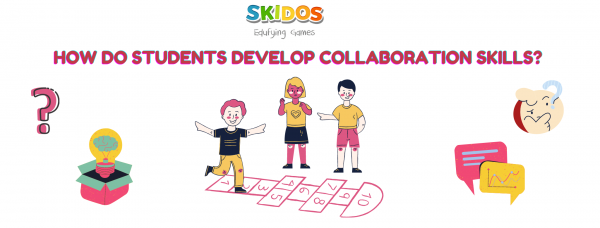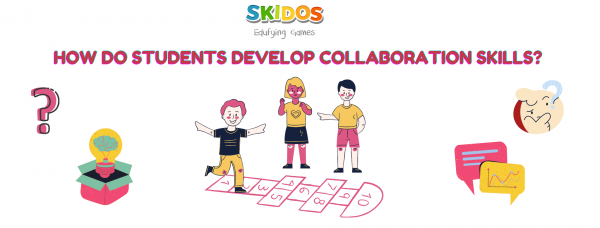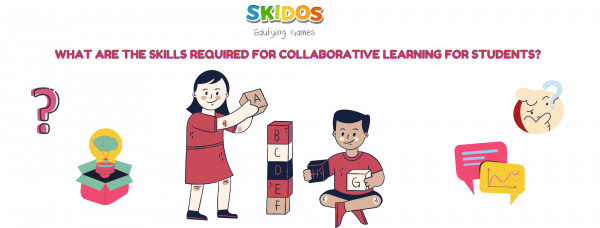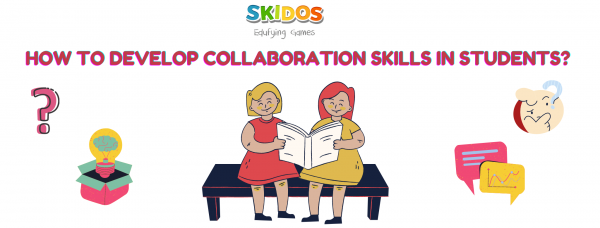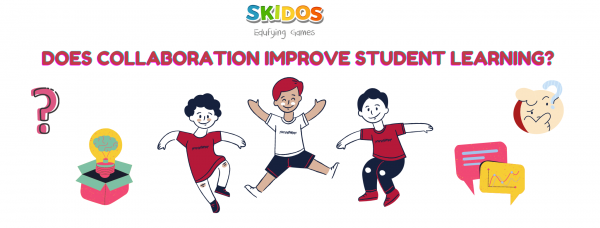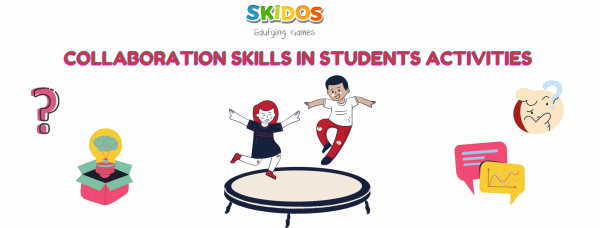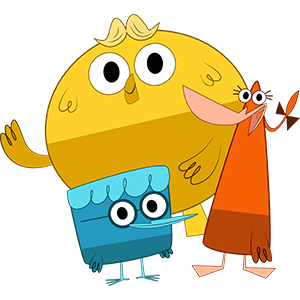Practice makes collaboration skills in students perfect
Parents can practice creating a collaborative environment at home for your children by inviting your children’ classmates over for team-building games and activities. One of the best ways to foster group work and collaboration is to encourage kids to play together and organize their own play dates. Your child may perform well when playing with his own best friend, but things can be different when it comes to playing with a group of friends.
The more your kids have interaction with a certain number of friends, the more he or she will be able to know each other, build trust, discuss solutions and gain teamwork spirit. Plus, while children are playing together, parents should be ready to resolve team conflicts. As children find it quite hard to control their emotion and misbehave sometimes, parents will need a little planning, patience and practice, to navigate these disruptions and avoid them fighting against each other.
| >>> Read more about another important 21st century: Critical Thinking for Kids: Why, Benefits & Tips [Completed]
If parents keep patient and supportive while children are playing collaborative games, you will assist your children to gain not only collaboration skill but also other important skills such as problem-solving and conflict-resolution. With the great help of parents, children can be given a chance to improve their collaboration skills, to evaluate and hone their social abilities right at home.
Besides, another way to practice collaboration skills in students is to encourage them play team sports and teach them good sportsmanship. Sooner or later when kids get older, they will learn about competition and victory. Please remind your children to treat their competitors right because winning or losing in sports does not matter as long as you try your best, so be caring and kind to people in all circumstances in life, even they are your competitors. Parents can teach your children to hug or shake the hands of the rivalry teams when the game ends even if you win or lose, always be a graceful person.
Do household chores with kids
Parents can teach your children to learn about collaboration and practice collaborating with you at home by having them be involved with some of household chores with you. You can take your children with you while you are going shopping, running errands and explain what is happening around them. For example, if you are at a book store, show your children what the cashier or cleaning lady or shelf stocker is doing.
This somehow can facilitate them to gain basic understandings of different roles and how everyone matters in order to make the book store run well. Another example can be that when doing laundry, make sure to show your children it is a team effort instead of each person only taking care of their own clothes.
| >>> Read more: How to improve communication skills for kids?
Mother will collect clothes, father then put them into the washing machine, children can be responsible for folding clothes and putting them into the wardrobe. By doing so, kids can start learning how to do things collaboratively when they are little.
Sum up for collaboration skills in students 
In conclusion, Collaboration skills in students plays a big part in building vital social skills for them and supporting collaboration in kids might seem challenging for the ones without much of experiences and given that kids can probably misbehave while joining a collaborative project. For children to practice collaborating, it can take a long time and parents as well as school leaders need to be patient to teach and reinforce teaching method while guiding children to be more collaborative! Use Skidos tips to nurture your kids’ collaboration skills so they can work well with others in the future!
Join us for unlimited Learning games for your Kids!
Subscribe to the SKIDOS Universe for Unlimited Playful Learning of Educational Game for Kids!



